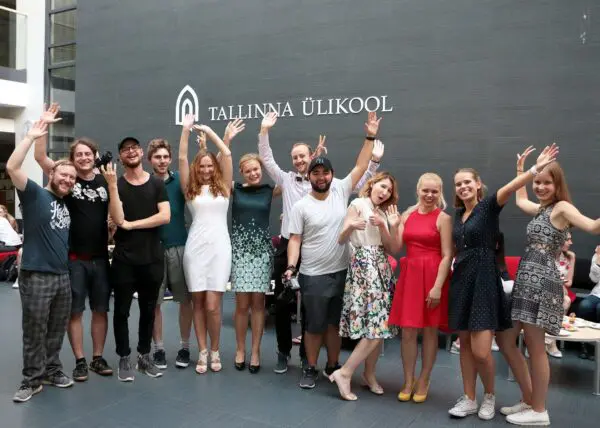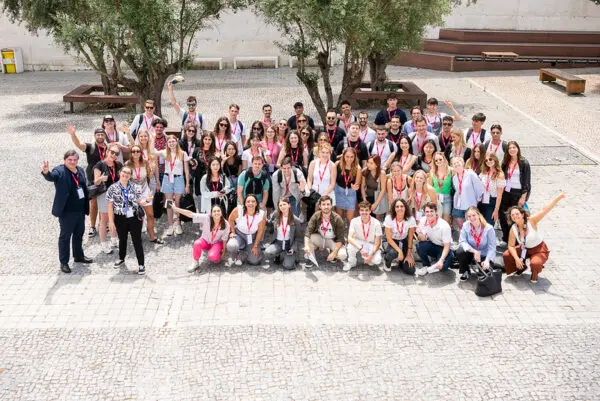
Antwerp, Belgium
Modelling Infectious Diseases and Health Economics
When:
01 September - 05 September 2025
Credits:
3 EC
Read more
Computer Sciences & Linguistics Summer Course
When:
20 July - 03 August 2025
School:
Institution:
Vrije Universiteit Amsterdam
City:
Country:
Language:
English
Credits:
0 EC
Fee:
1140 EUR

Throughout the course we will encourage the participants to think about how logic can be applied to their fields of interest.
Logic is the study of different types of reasoning. Logic is also a tool for elegantly modelling diverse phenomena. The aim of the course is to introduce you to this tool and to explain how it can be used. The course is divided into 3 parts.
We will introduce Classical Logic and show how many different systems of reasoning (logics) arise as variations. We will study two fundamental ways of studying logic, via semantics and syntax. The latter is naturally suited to modelling and automated reasoning. We will also discuss applications in the social sciences focussing on agency and information flow. We will introduce logical formalisms that allow us to model situations in which truth is socially constructed and develop notions such as knowledge and group and common knowledge.
The overarching theme in the handling of applications is the notion of categories and categorisation. Categorisation is the activity of placing things such as objects or ideas into categories based on their similarities or common criteria. We will formally introduce categorisation theory, starting from the classical theory of Aristotle right up to prototype and exemplar theory. We will formalise these notions and explain how the tools of logics could be used to incorporate vagueness in this theory.
The third part of the course uses the foundational development from Part 1 and the modelling intuitions from Part 2. We will introduce the study of formal linguistics where words are classified in terms of the role they play in the sentence formation. A word can be categorised as a noun phrase, a transitive verb, etc. Syntactic categories are then combined, accordingly to rules of formation, to build complex expressions. We will see how a grammatically correct sentence can then be captured by a formal proof or a process of computation and how different readings correspond to different proofs.
Giuseppe Greco
Our target audience are students from any background who have some exposure to mathematical reasoning, academic maturity, and cross-disciplinary interests. We do not presuppose any subject knowledge. Specifically, we aim for Bachelor's students and Master's students from fields such as mathematics, computer science, economics, philosophy, finance, accounting, linguistics. The course is assessed at beginner bachelor's level.
Apart from Bachelor's and Master's students, we also welcome PhD candidates and professionals to apply to the course.
By the end of this course, students will be able to:
-Understand what is meant by the study of logic, and summarise how different systems of reasoning(logics) come about, and outline how they can be studied.
-Explain the relationship of proof theory and logic.
-List and compare a number of different logics, and illustrate how they differ from classical logic.
-Show how logic can be used to model diverse phenomena.
-Distinguish the dual role of logic as an idealised form of reasoning and a modelling tool.
-Develop a maturity concerning abstract modelling and argumentation.
Fee
1140 EUR, Student
Students, PhD candidates and employees of VU Amsterdam, Amsterdam UMC or an Aurora Network Partner €765 Students and PhD candidates at partner universities of VU Amsterdam €1035 Students and PhD candidates at non-partner universities of VU Amsterdam €1140 Professionals €1360
When:
20 July - 03 August 2025
School:
Institution:
Vrije Universiteit Amsterdam
Language:
English
Credits:
0 EC

Antwerp, Belgium
When:
01 September - 05 September 2025
Credits:
3 EC
Read more

Tallinn, Estonia
When:
16 July - 20 July 2025
Credits:
0 EC
Read more

Lisbon, Portugal
When:
14 July - 31 July 2025
Credits:
6 EC
Read more